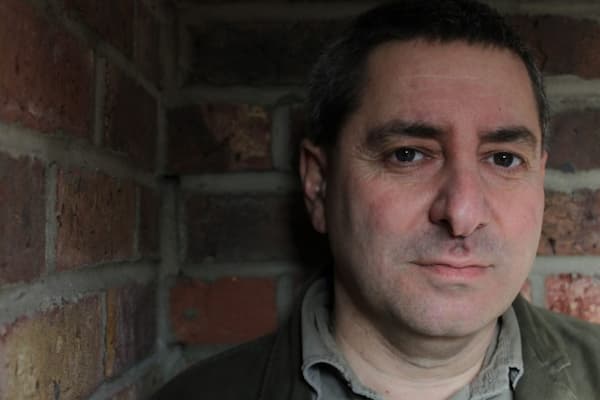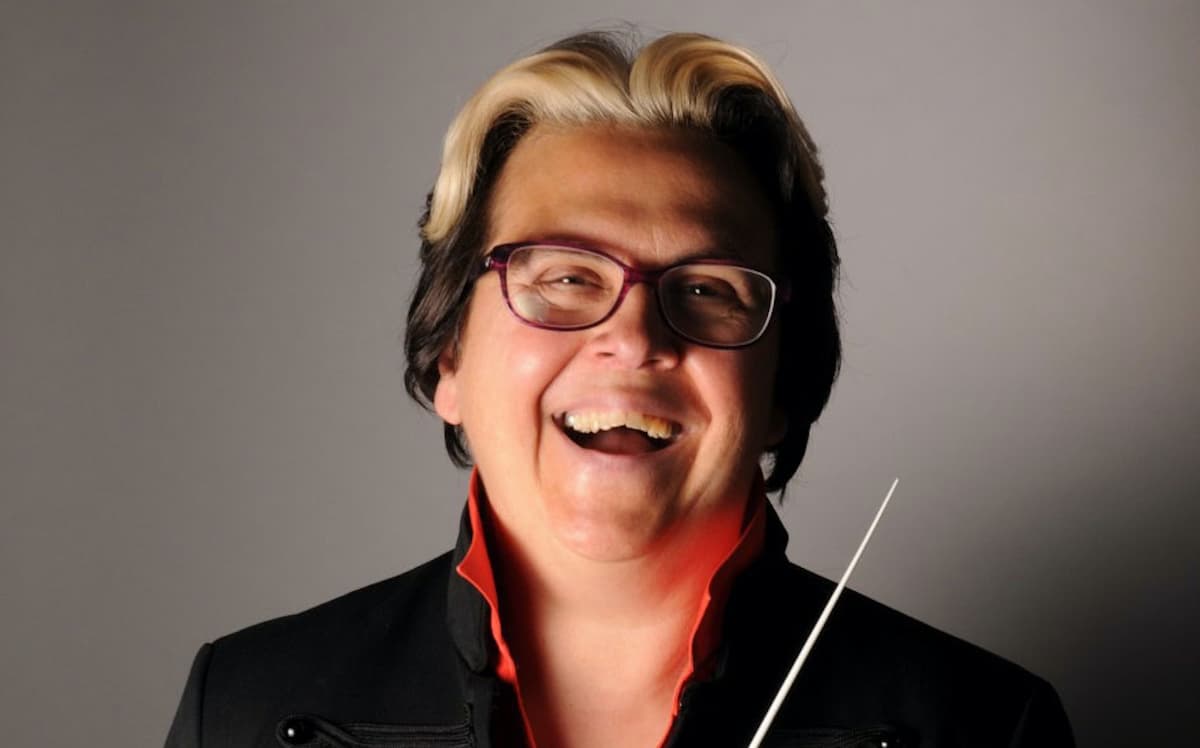Scottish harpist and composer Fiona Rutherford’s new album, Seed, was just released, and in the 9 tracks on the album, she takes us all over the musical map.
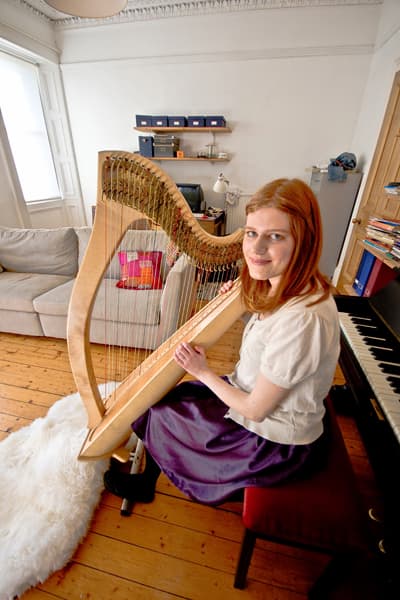
Fiona Rutherford
We spoke with Ms. Rutherford about the album and she said it was something that she’d been working on for some time. The usual COVID restrictions, 2 children, and life in general made the process more organic than dynamic. A couple of pieces started out as harp only, but, over time, accrued more players. The end result is an album that does its best to defy the definition.
Ms. Rutherford’s background in traditional Scottish harp gives her an authority in folk stylings, and when combined with her skills as a composer, she’s able to mix folk and classical together in unique ways. When I asked her how the folk audience heard this music, she said that the folk and classical audiences each heard elements of the other genre: the folk audiences heard classical elements and the classical audience heard the folk elements. One classical detail she brings to the folk side is that all the music is scored and written down – the folk ornamentations and rhythms are all on paper and she views the album itself as a kind of ‘contemporary classical’.
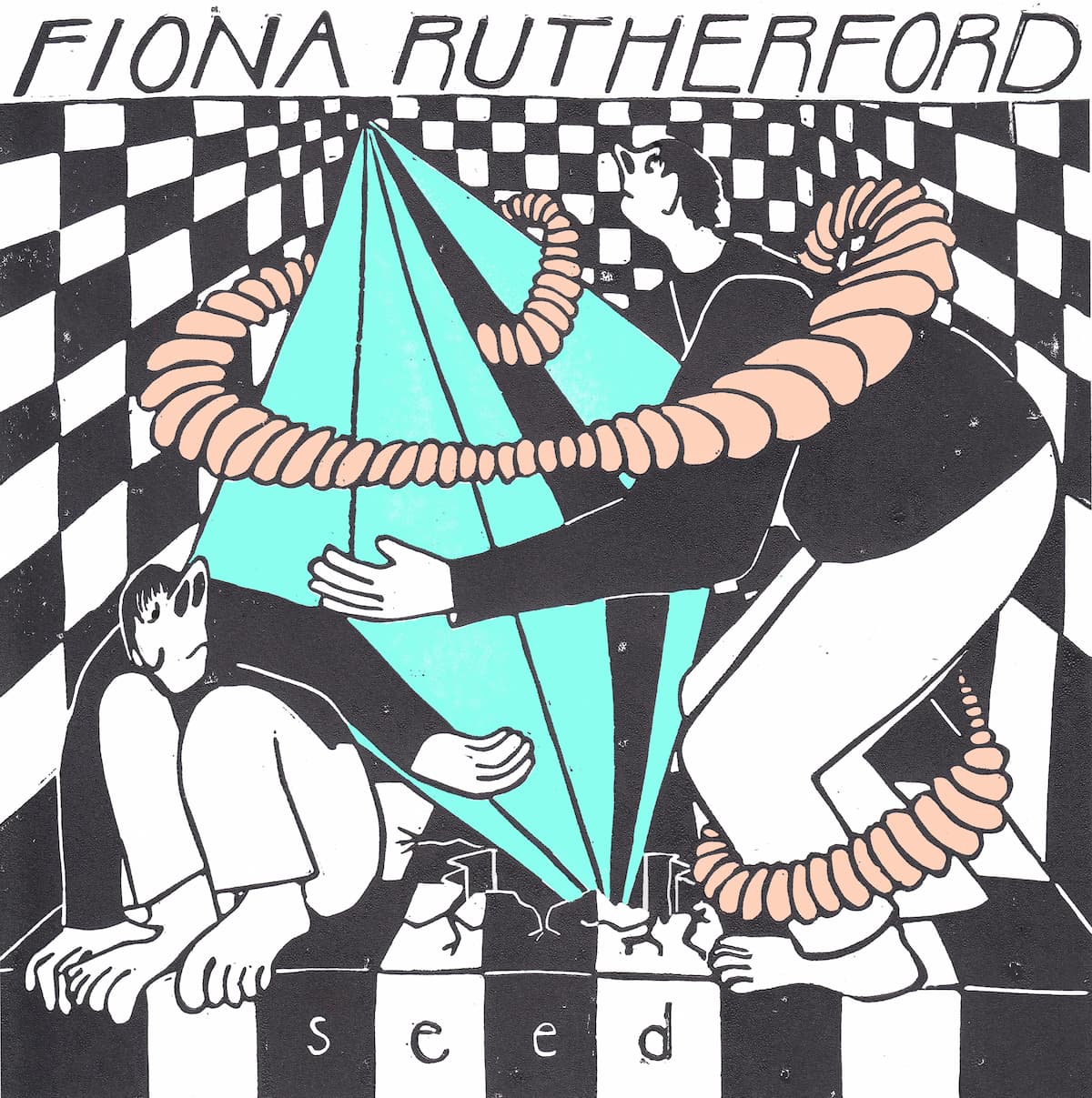
We asked her for her favourite track….and then emended the question to ‘What’s your favourite track…this week?’ For now, track 2, The Buzz, is up on her list. This was the work that started out for harp, then multiple harps, and then finished with other instruments (flute, clarinet, cello, and double bass) added. Another favourite is track 8, Seed, for solo harp, which she felt really captured the vision behind the album.
The first single released off this album, track 9, Jagged, also for solo harp, is said to represent ‘the idea of a tense and uncomfortable journey; fueled by adrenaline’ but that doesn’t really do justice to the one of the most interesting tracks on the album. The harp takes the lead, but with the support of electronics and the double-bass of Amy Duncan, Ms. Rutherford has written the song for our post-COVID lives: memories of the past, a sense of having to catch up, but all in a new world that drives to the end.
Two tracks are for piano, performed by her sister, Jenny Rutherford, Fragile Transformations and Wired, which make an interesting contrast with the high-voiced harp pieces.
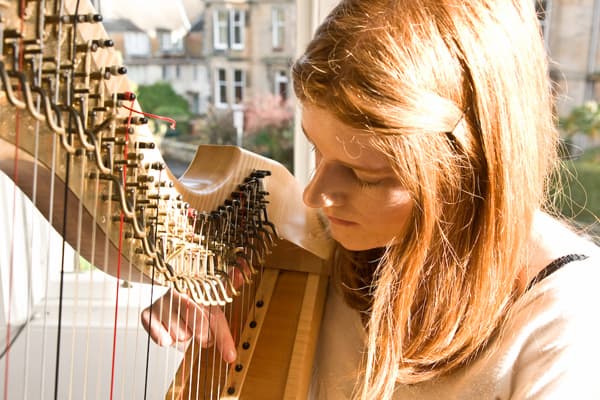
Fiona Rutherford
As part of the vibrant Scottish folk scene and the energetic Scottish harp scene, Ms. Rutherford brings new excitement and innovation to folk music. The album is one that will open your folk ears to a broader compositional world and will open your classical ears to the depth that lies on the folk side.
The album is released digitally only and can be streamed on the usual sites or purchased from BandCamp. We sorely missed the inclusion of the booklet about the music, the composer, and the artist’s vision, and, at the least, of the list of who else performed on the album and we would urge her to include one with her next release.
For more of the best in classical music, sign up to our E-Newsletter
Musicians featured in the album:
Fiona Rutherford – Harp
Amy Duncan – Vocals and Electric Upright Bass
Kate Miguda – Violin
Liam Lynch – Violin
Yvette Rosie – Viola
Pete Harvey – Cello
Martha Bean – Double Bass
Sarah Hayes – Flute
Kevin Brolly – Clarinet
Jenny Rutherford – Piano

